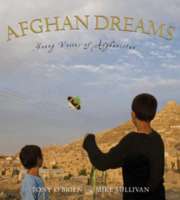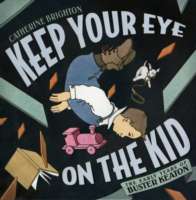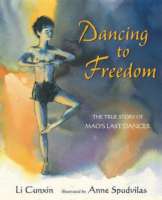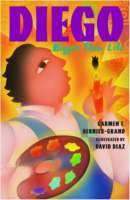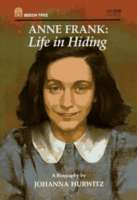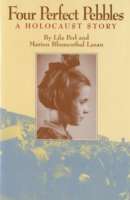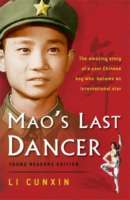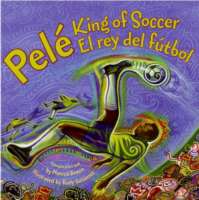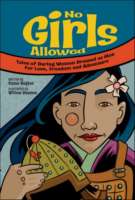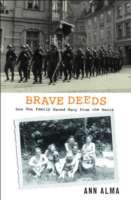
When Holland was under Nazi rule, the Dutch lived extremely harsh lives. Thousands were in hiding, especially Jews who had managed to escape transport to the death camps. Frans Braal and his wife Mies took in anyone in need of help — Jews, children whose parents could no longer look after them, resistance fighters, and people who were starving — providing them with a temporary home. Twice their place was searched by the Nazis, and on both occasions they managed to hide everyone in time. Told through the eyes of a child, this is the story of the Braals, two people who willingly put themselves in great danger in order to save the lives of those less fortunate. Throughout, sidebars provide further information about Dutch resistance workers and traitors, Dutch Jews, bombing missions, false identity cards, the war, and more.

